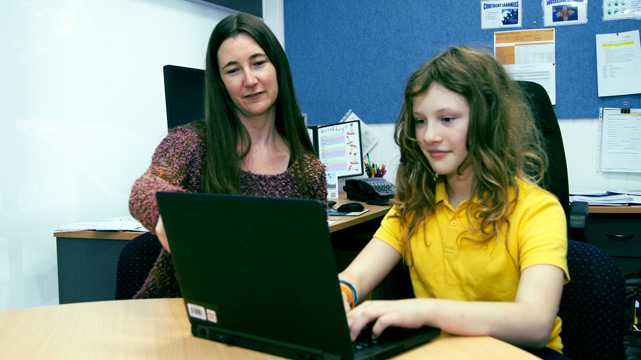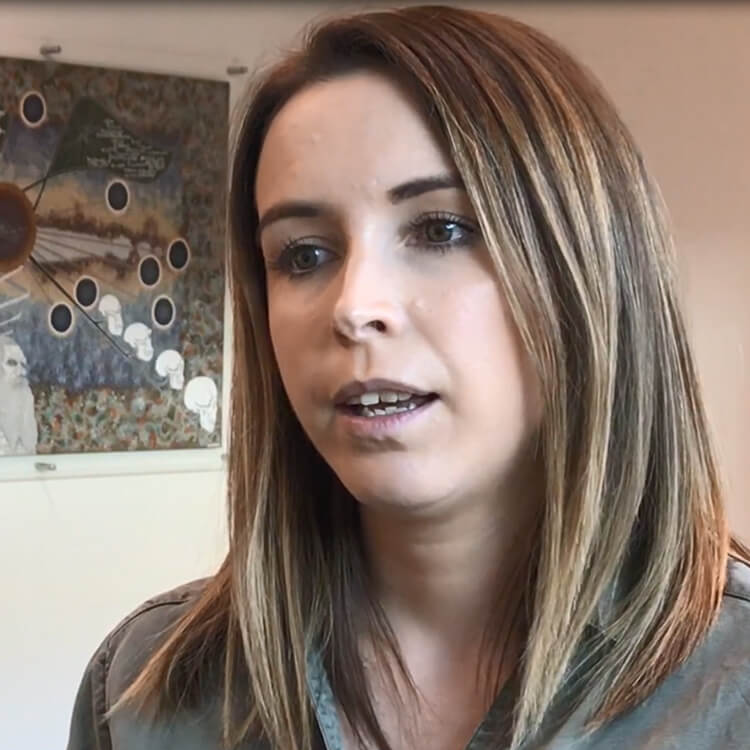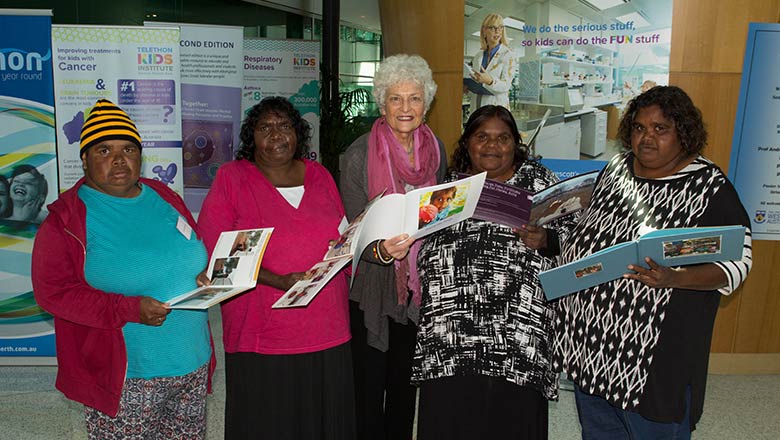Search
Research
The Diverse Risk Profiles of Persistently Absent Primary Students: Implications for Attendance Policies in AustraliaUnderstanding variations in risk profiles among persistently non-attending children will inform the development of absence interventions.
Research
School readiness of maltreated children: Associations of timing, type, and chronicity of maltreatmentIn this study, the Australian Early Development Census scores of 19,203 children were linked to information on child maltreatment allegations.
Research
Does the reason matter? How student-reported reasons for school absence contribute to differences in achievement outcomes among 14–15 year oldsWe used data from the Longitudinal Study of Australian Children to examine the reasons for 14-15 year old absences and how they relate to outcomes in year 9.
Research
Maternal alcohol use disorder and child school attendance outcomes for non-Indigenous and Indigenous children in Western Australia: A population cohort record linkage study.Maternal alcohol use disorder was associated with a significantly increased odds of poor school attendance for non-Indigenous and Indigenous children.
Research
School absence and its effect on school performance for children born with orofacial cleftsWe aimed to describe school absence and its relationship with school performance for children with and without orofacial clefts.

News & Events
Project helps Ethan belongEthan recently took part in Belong, a study led by The Kids which aims to ensure deaf and hard of hearing kids have a happy & positive school experience

News & Events
Student wellbeing just as important as academic successA team of researchers passionate about the social and emotional wellbeing of children have been refining a survey questionnaire.

News & Events
‘Invisible’ children of imprisoned parents at risk of falling through the cracksA study by The Kids has found children with a parent who has gone to prison are significantly more likely to have poor development outcomes.

News & Events
Boosting literacy in Aboriginal kidsAn NHMRC grant to develop a program to improve school outcomes in the Ngaanyatjarra lands has helped create books reflecting Aboriginal experiences.
News & Events
Every day counts in the classroomA recent study from The Kids Research Institute Australia has revealed some interesting facts about just how important those school attendance days are.
